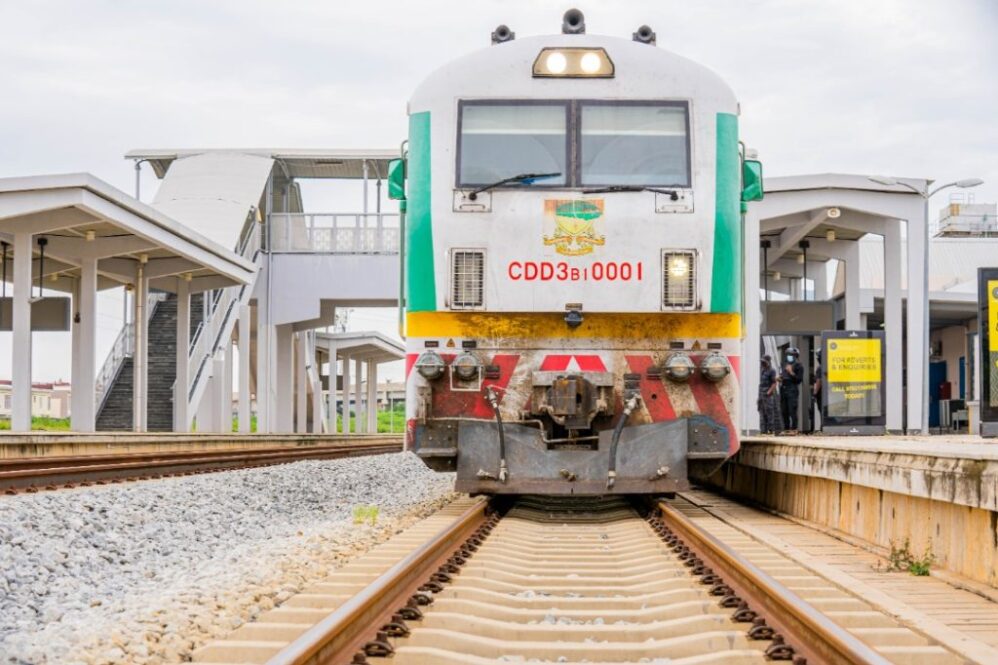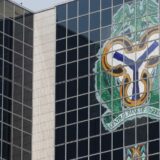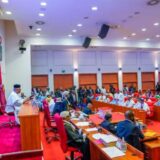Understanding the Initiative
The Nigerian Railway Corporation (NRC) announces that the Lagos Rail Mass Transit is part of the Federal Government’s free train ride initiative. This initiative aims to provide relief to commuters and promote the use of rail transport in the country. Consequently, the initiative is expected to benefit thousands of commuters. Meanwhile, the NRC-managed services (excluding the Lagos Rail Mass Transit) require ticket reservations via the official website, www.nrc.gov.ng, with a valid ID.
Benefits of the Initiative
Commuters in Lagos will significantly benefit from the free train ride initiative. They will enjoy relief from the financial burden of transportation. Furthermore, the initiative will also help reduce traffic congestion on the roads. As a result, commuters will experience faster travel times. Additionally, the initiative will promote economic growth and development in the state.
Key Features of the Lagos Rail Mass Transit
The Lagos Rail Mass Transit is a critical component of the free train ride initiative. The rail line spans over 25 kilometers, connecting various parts of the city. Modern trains and infrastructure are used to operate the rail line. Moreover, the rail line is designed to provide safe and comfortable transportation to commuters.
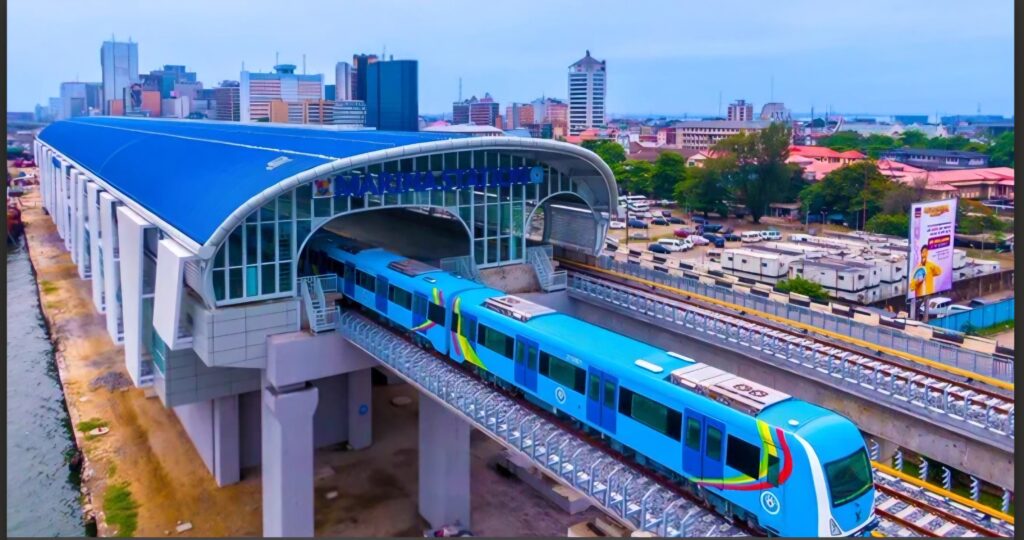
Economic Impact
The free train ride initiative is expected to have a positive impact on the economy. Productivity will increase as commuters save time and money. Consequently, the cost of living for commuters will also decrease. This will have a ripple effect on the economy, boosting economic activity. Furthermore, the initiative will promote economic growth and development in the state.
Challenges and Opportunities
Challenges need to be addressed to ensure the success of the free train ride initiative. One major challenge is the need for adequate infrastructure to support the rail transport system. Therefore, the government must engage with stakeholders and the public to ensure the initiative meets their needs and expectations. Meanwhile, the government must also prioritize the maintenance and upgrade of the rail infrastructure.
Managing the Initiative
Effective management and maintenance of the rail line are crucial to ensure it runs smoothly and efficiently. The government must prioritize this to guarantee the success of the initiative. Commuters must also be informed about the benefits and rules of the initiative. Consequently, the NRC has advised travelers to plan, arrive on time, and bring valid identification.
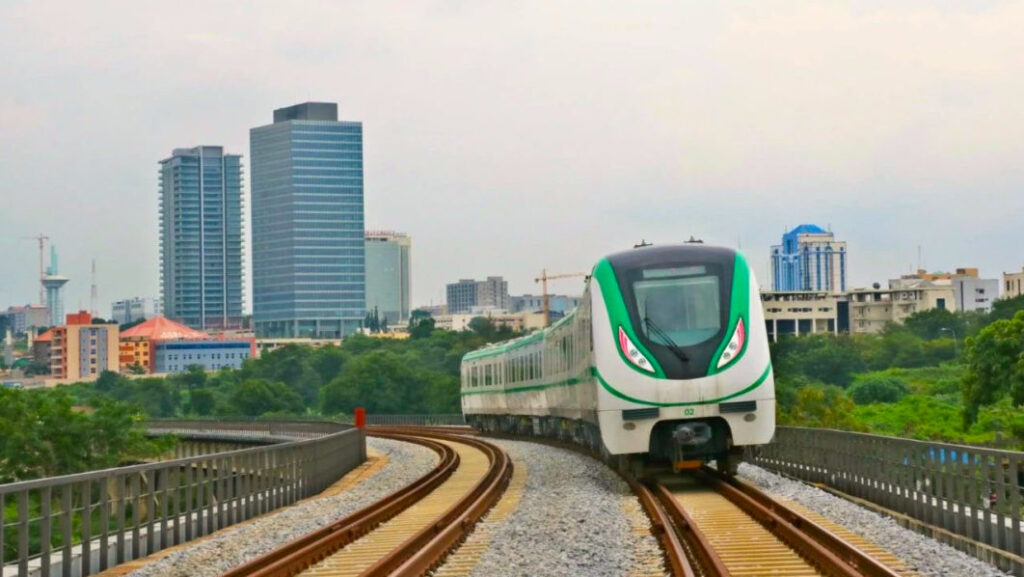
The Federal Government’s Announcement
The Federal Government announced nationwide free train services from December 20, 2024, to January 5, 2025, as part of the Christmas celebrations. This announcement was met with excitement and anticipation from the public. Consequently, the initiative is expected to promote unity and festivity during the holiday season.
Conclusion
The inclusion of the Lagos Rail Mass Transit in the Federal Government’s free train ride initiative is a step in the right direction. The initiative has the potential to transform the lives of commuters in Lagos and promote economic growth and development. Meanwhile, the government must continue to prioritize the maintenance and upgrade of the rail infrastructure to ensure the long-term success of the initiative.
Key Statistics
- The Lagos Rail Mass Transit has the capacity to transport over 500,000 passengers per day.
- The rail line is equipped with modern trains and infrastructure.
- The free train ride initiative is expected to reduce traffic congestion on the roads by over 30%.
- The initiative is also expected to boost economic activity in the state by over 20%.
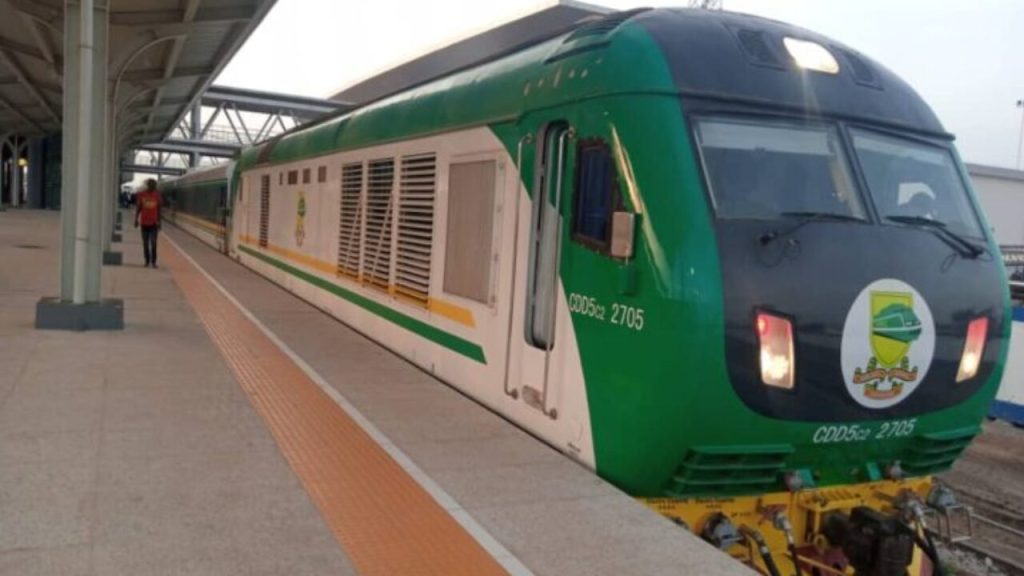
Future Outlook
The government must focus on addressing the challenges and opportunities that arise as the free train ride initiative continues to unfold. By doing so, the initiative can achieve its full potential and have a lasting impact on the lives of commuters in Lagos. Consequently, the initiative will promote economic growth and development in the state, and improve the overall quality of life for commuters.


